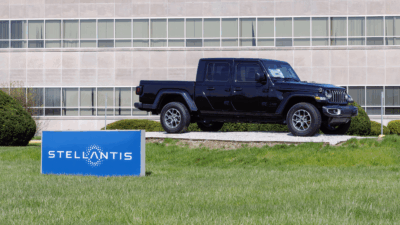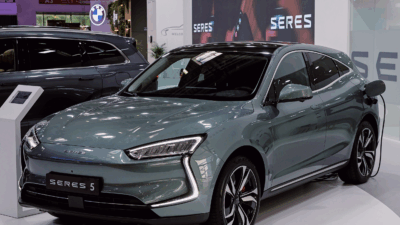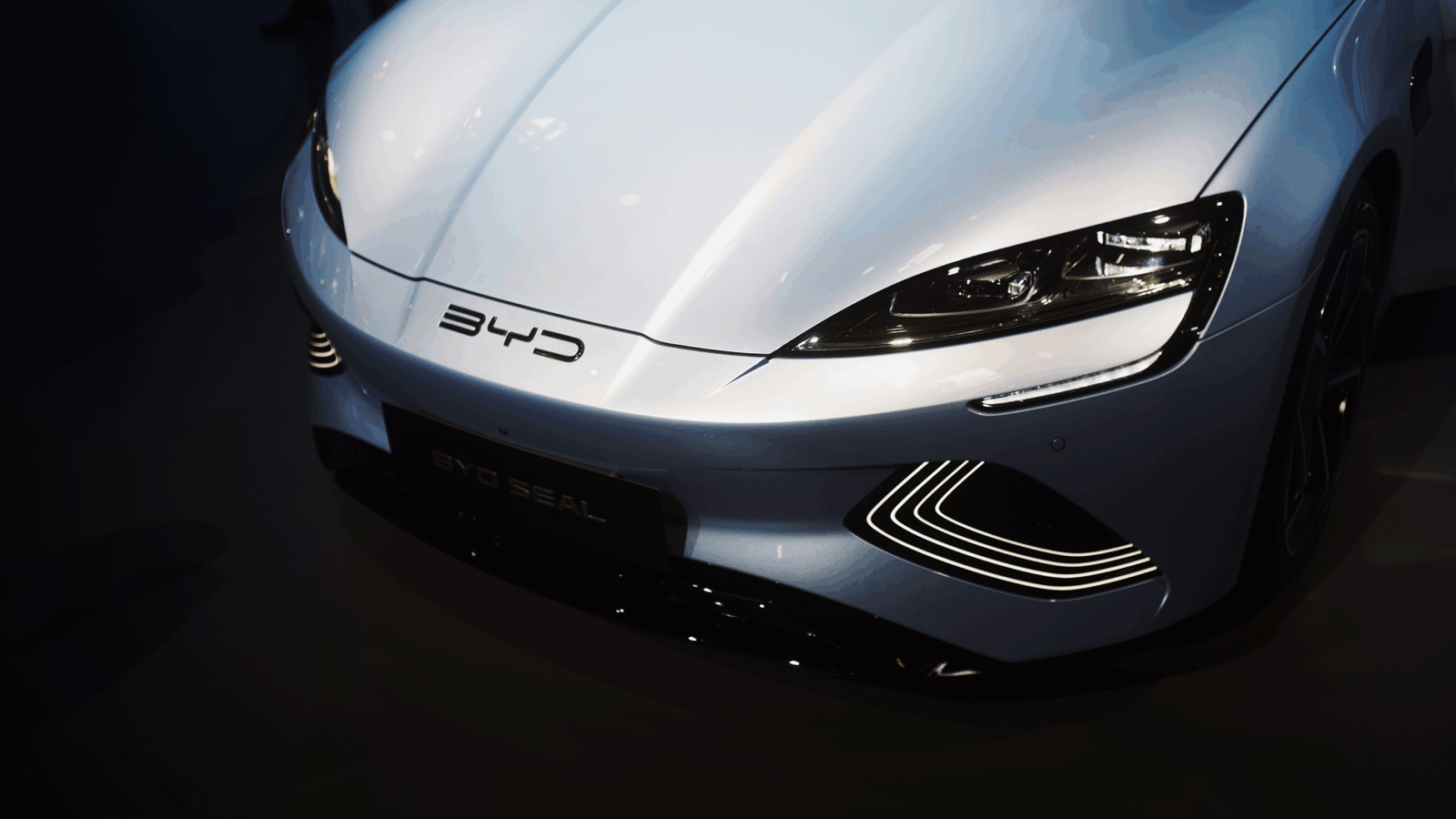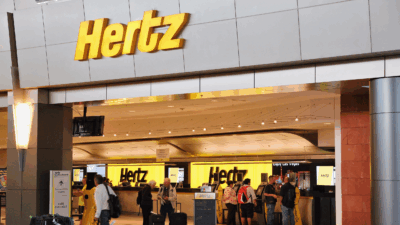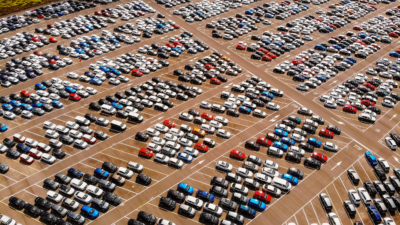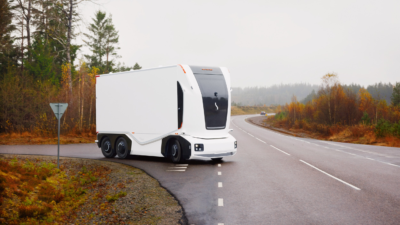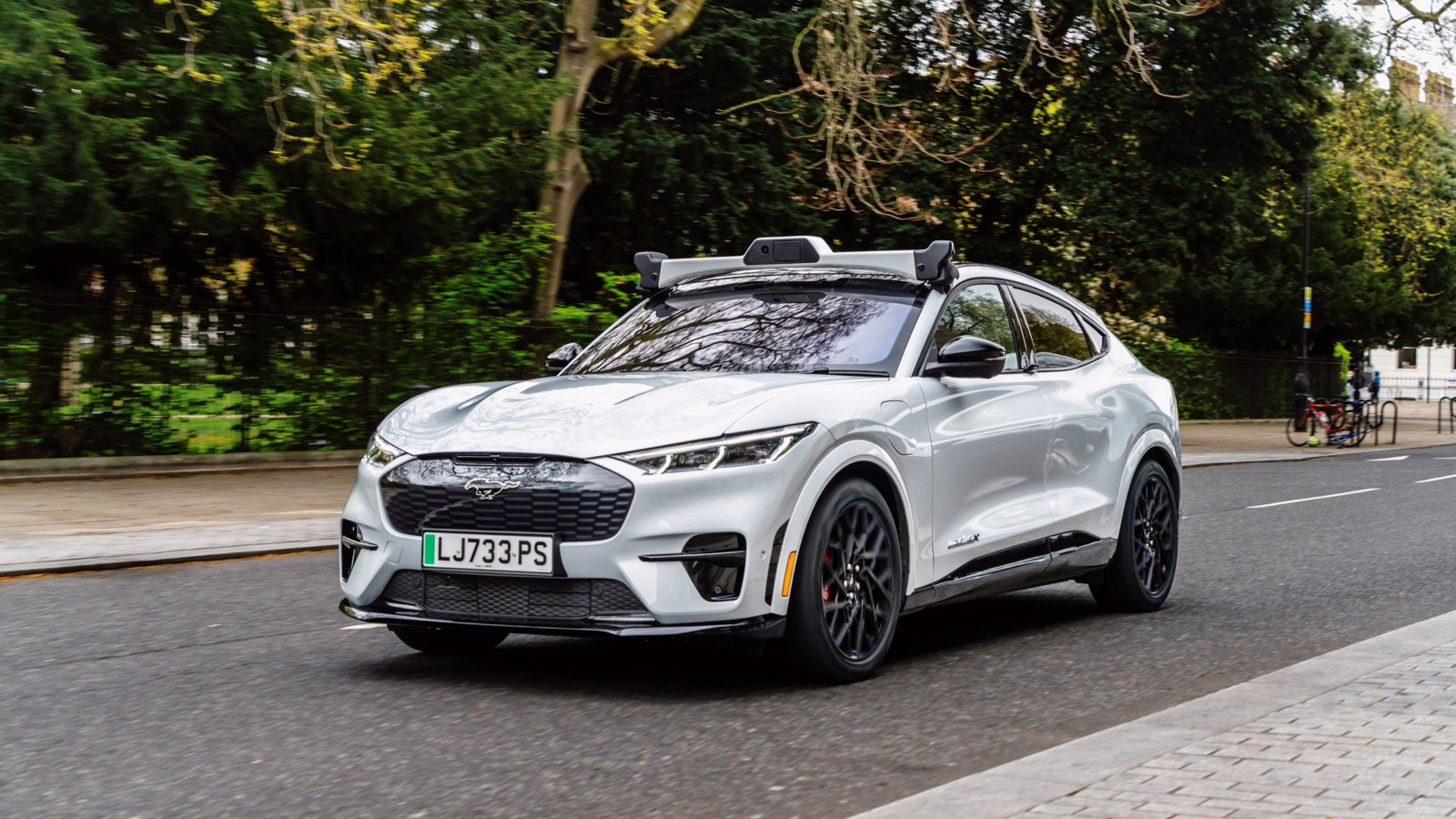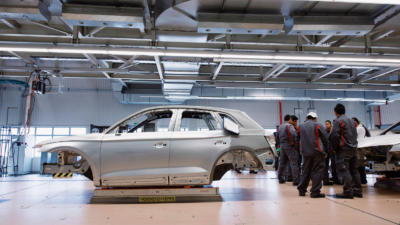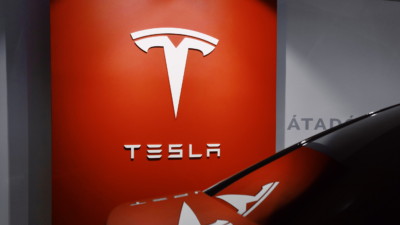Sign up for smart news, insights, and analysis on the biggest financial stories of the day.
With Tesla’s $570 billion market capitalization, it’s understandable everyone wants to talk about the Model S.
But it’s not the only game in town.
Toyota relaunched its Mirai hydrogen fuel-cell car Wednesday with a 10-fold increase in production capacity.
Pumped On Hydrogen
You might not have heard of the first hydro-powered Mirai. Toyota released it in 2014, but was only able to produce 2,000 a year due to labor-intensive fuel tank production. That translated to paltry lifetime sales of only 11,000 cars.
But the Japanese auto giant has since breathed new life into the Mirai:
- The new Mirai can be assembled on the same manufacturing lines as its widely-produced vehicles. They also cut production time by 66%, enabling production of 30,000 vehicles a year.
- Going on sale in Japan Wednesday, the 2021 Mirai is powered by three hydrogen tanks and an electric motor, with a longer range than its predecessor of up to 528 miles.
The Other EV
While both battery and hydrogen-powered cars are “electric vehicles.” A lithium-ion battery (like a Tesla) stores electricity from an outside source, while a hydrogen-powered car produces electricity internally with an electrochemical reaction between hydrogen and oxygen. A hydrogen tank must be filled-up like a regular tank of gasoline.
While car-buyers might not care for a science lecture, they might be intrigued to learn fuel-cells offer better mpg and faster refueling than battery power. So why do hydrogen-powered cars remain a thin sliver of the global car market?
- Even with manufacturing advances, production costs remain relatively high vs. plug-ins and sourcing affordable carbon-free hydrogen is difficult.
- And if you owned one, you might not be able to get very far. The California Fuel Cell Partnership lists 40 currently operating hydrogen fueling stations, almost all within Los Angeles or the Bay area.
Critics like Elon Musk have dismissed fuel-cells as “fool cells” and “mind-bogglingly stupid.” Of course, his opinion comes with a mild conflict of interest.
The Takeaway
Even with advancing carbon-neutral pledges making hydrogen power a hot topic, Credit Suisse predicts fuel-cell vehicles will only account for 2% of car sales by 2030 vs. 22% for battery-powered vehicles.

